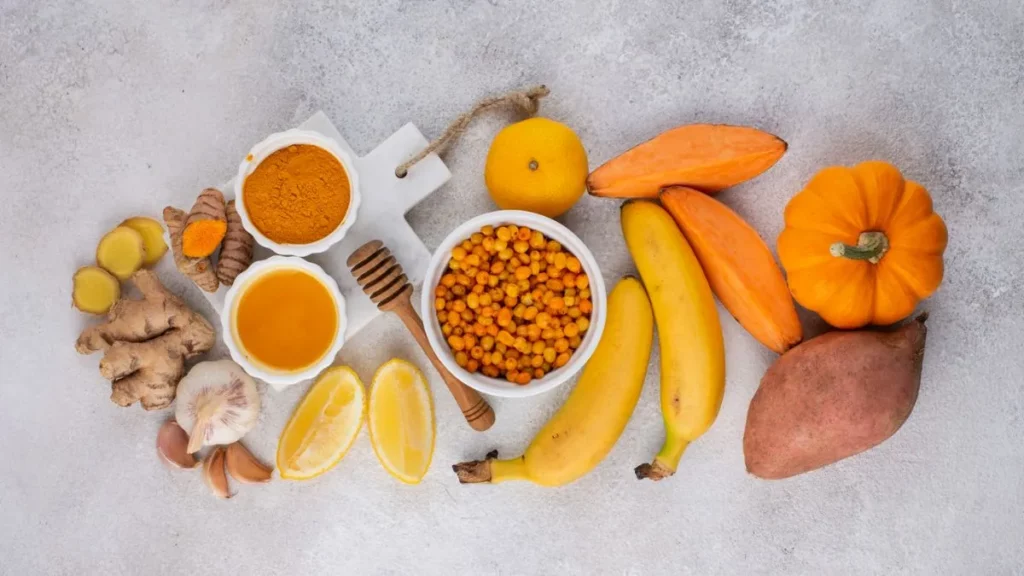
Recovering from dengue? Here’s what to eat and avoid, according to Dr Manisha Arora. Hydration, light meals, and key fruits can make all the difference.
Dengue is a mosquito-borne viral infection that can turn out to be severe if not treated in the early stages. According to the World Health Organization (WHO), about half of the world’s population now has a risk of dengue, with an estimated 100–400 million infections occurring each year.
While there’s no specific cure for dengue, doctors and healthcare professionals treat the symptoms of the conditions. Doctors prescribe medicine and also recommend following a healthy diet. Read on as Dr. Manisha Arora, Director of Internal Medicine at the CK Birla Hospital®️, Delhi shares what to eat and what to avoid if you’re suffering from dengue.
Doctor-recommended foods for dengue patients
When someone is suffering from dengue fever, one of the most important aspects of care is hydration, and it cannot be emphasised enough. Maintaining proper hydration helps support recovery, manage fever and prevent complications.
Best fluids to drink during dengue fever
Patients should consume plenty of oral fluids throughout the day. These can include plain water, coconut water, ORS (oral rehydration solution), Glucon-D, or clear, lightly salted soups. If someone prefers something savoury, light broths or clear soups are good choices.
Easy-to-digest foods that help recovery
It is equally important to avoid filling the stomach with heavy solid foods, as doing so can reduce the intake of essential fluids. Small, frequent, and light meals are ideal during this time. When it comes to solid foods, easy-to-digest options are best.
Fruits that support immunity during dengue
Lightly cooked green leafy vegetables with minimal oil are recommended. Vegetables such as carrots, pumpkins, and broccoli are nutritious and gentle on the digestive system. Fruits play an important role as well.
Citrus fruits, including oranges, are rich in vitamin C and help boost the immune system. Other good options include apples, pomegranates, guavas, papayas, and bananas. However, bananas should be consumed in moderation as they are relatively heavy. Papayas are rich in vitamins and enzymes, making them a good addition to the diet.
Is kiwi good for dengue patients?
There is often curiosity about fruits like kiwi. While kiwi is not specifically recommended for dengue, it does contain vitamin C, potassium, and fiber, which support immunity and hydration. Therefore, it can certainly be included in the diet.
What not to eat if you have dengue
Heavy, oily, spicy, or fried foods, such as butter-laden meals, deep-fried snacks, or spicy curries, should be avoided as they can worsen symptoms like nausea or abdominal discomfort and make hydration more difficult.
Certain fluids should also be avoided, particularly those that are caffeinated or processed. Tea, coffee, energy drinks, and carbonated beverages like colas can contribute to dehydration and should be eliminated from the diet during the course of illness.
Should you try papaya leaf or goat milk for platelets?
It is worth noting that some people believe in using remedies like papaya leaves or goat milk to increase platelet counts. However, there is no strong scientific evidence to support their effectiveness. In fact, these remedies may cause side effects like gastritis or vomiting and hence are not recommended.